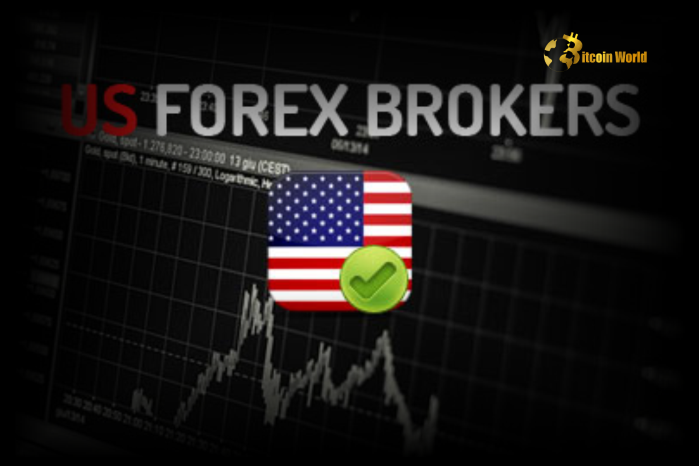The Role of the US Dollar in Forex Markets
The Role of the US Dollar in Forex Markets
Blog Article
The Role of the US Dollar in Forex Markets
Foreign change, or Forex trading, draws countless participants in the United States every year. Its pure size and liquidity allow it to be one of the very desirable areas globally. Nevertheless, forex trading for beginners. has a distinctive and rigid approach to regulating Forex activities. If you're seeking to business currencies or simply desire to know the way legal frameworks form the Forex market, understanding these regulations is crucial.

Important Legitimate Frameworks Surrounding Forex in the US
Forex regulation in the United Claims stands apart because of its thorough risk regulates and consumer protections. Two leading government figures oversee many Forex actions:
• Thing Futures Trading Commission (CFTC)
• National Futures Association (NFA)
The CFTC, developed in 1974, is assigned with regulating the futures and alternatives areas, international change included. The NFA, as a self-regulatory organization, works directly with the CFTC to enforce principles and maintain fairness in trading practices.
Registration and Submission
Every Forex vendor or broker using the services of U.S. citizens must enroll with both the CFTC and NFA. These entities will also be needed to stick to demanding operational criteria, including:
• Minimal web money requirements (often greater than in other countries)
• Constant audits
• Powerful anti-money laundering (AML) procedures
• Transparent risk disclosure
Violations may cause significant fines or a permanent ban from the market. This regulatory construction aims to stop fraud, protect investors, and enhance industry integrity.
Important Restrictions on Forex Activities
Foundational protections influence how Forex runs in the U.S.:
• Leverage limits: The NFA sets a optimum power of 50:1 for important currency pairs and 20:1 for minors. This really is much lower than several international areas, supporting protect new traders from substantial losses.
• Segregation of funds: U.S. legislation requires that client funds are kept split up from broker functional funds. That measure safeguards traders in case a broker becomes insolvent.
• Advertising and disclosure: Firms should clearly describe risks, expenses, and trading elements to clients. Unreliable or aggressive solicitation methods face rigid penalties.
Enforcement and Penalties
U.S. agencies often check for fraudulent schemes, insider trading, and illicit market manipulation. Statistical knowledge from enforcement studies reveals a steady sample of penalties and settlements in recent years, showing ongoing vigilance. That atmosphere, while stricter than most parts of the entire world, creates a safer playing area for retail and institutional traders alike.
What things to Contemplate as a US Forex Trader
Recent developments reveal an ongoing increase in regulatory actions, an emphasis on client knowledge, and constant improvements to compliance requirements. If you plan to trade Forex in the U.S., it's important to:
• Ensure a broker's productive subscription status
• Keep updated with regulatory improvements
• Evaluation chance disclosures prior to making trades
This process reduces unforeseen losses and promotes your prospects in a firmly regulated but sturdy marketplace. By knowledge legal rules, U.S. traders can confidently participate in the Forex industry while staying within the variables of the law.
Report this page